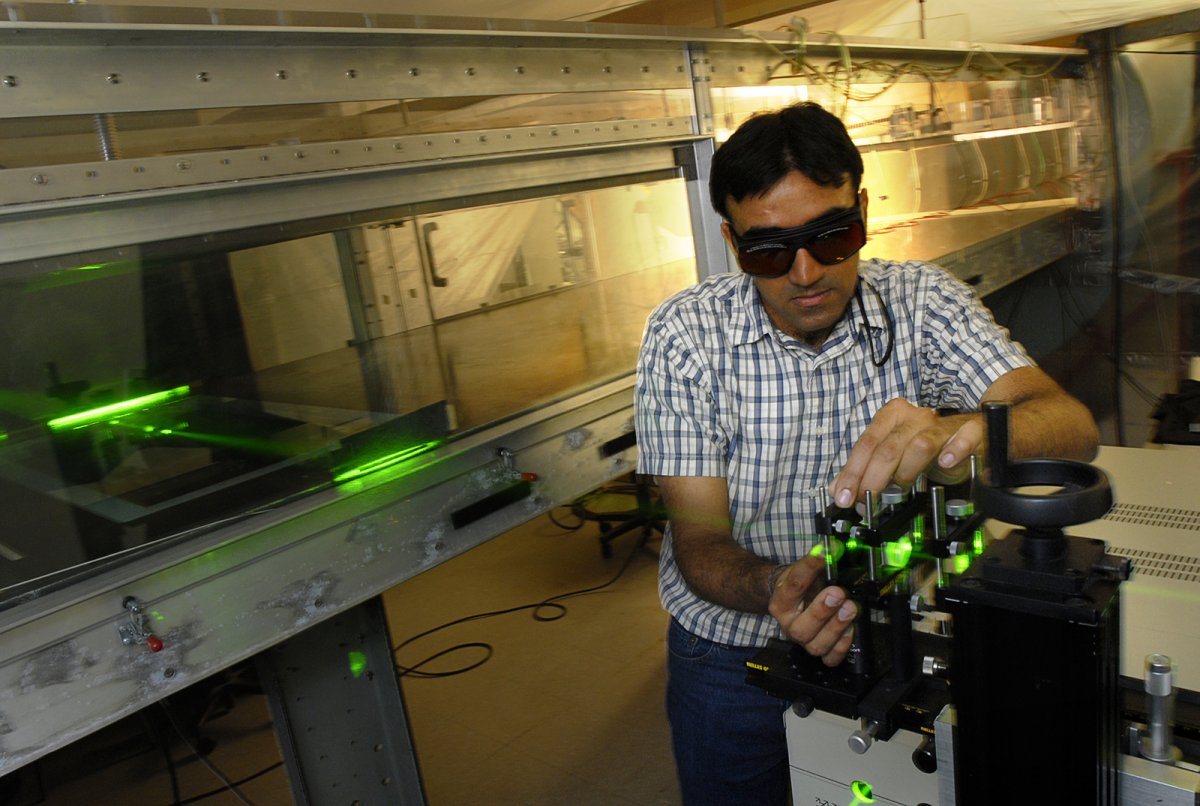Graduate school
Evaluate your decision
Graduate degrees are required for certain careers, such as medicine, law, teaching at a university, and research. If a graduate degree is not required for your career choice, it's important to evaluate your decision.
Don’t make the assumption that a graduate degree will lead to more job prospects or a higher salary. Furthermore, your decision to pursue a graduate degree should not be based on the uncertainty of your next step.
Make sure you have a specific outcome in mind and do your research to determine if obtaining a graduate degree will help you reach your career goals.
Do your research
- Define your criteria—location, institution type, degree type, program structure, financial support, program ranking, etc.
- Research various programs. Start with GradSchools.com and Peterson’s to search by program type and location. Consider creating a spreadsheet to keep your information organized.
- Visit institutions' websites to gather specific information. Faculty and alumni can also be helpful resources.
- If possible, visit the institutions in person and meet with faculty and current graduate students in the program.
After you have decided on potential graduate programs, the next step is to request the application materials. Requirements and deadlines will vary, although deadlines are typically between December–March. It is beneficial to apply as early as possible for institutions with a rolling admission policy.
Admission exams
The most common exam is the GRE, but pay attention to the admission guidelines to ensure you take the right test. Visit the Mometrix website for more information on types of exams. Registration for these exams fills quickly, so note deadlines and register early.
It is recommended that you create a study plan and allow adequate time to prepare for admission exams. You may consider purchasing a test prep book. Preparation materials and practice exams are also available through Walter Library’s SMART Learning Commons.
Curriculum vitae (CV)
A curriculum vitae (CV) is an academic version of a resume that provides a professional archive of all your experiences related to your academic career.
Consider consulting with a faculty member or advisor for feedback on your CV, as they often serve on hiring committees and have experienced an academic job search.
Personal statements and essays
Most graduate and professional school programs have specific criteria you need to include in the form of an essay.
The essay should be clear, concise, and showcase the depth of your thinking. It should be a reflection of who you are, why you have chosen the particular field, and why you are a good candidate for the program.
To get started, review Purdue OWL's website for tips and advice for writing your personal statement. The Graduate and Professional School Preparation Guide (PDF) has much more detailed information.
Letters of recommendation
Most graduate programs will require two or three letters of recommendation for your application. Choose professional references, including faculty, who know you well enough to compose a strong letter.
Once you have identified your references, set up a meeting with them to discuss your goals. Bring a copy of your application materials.
Be sure to note if the institution requires the letters to be submitted directly or sent in with your application.
Financial aid
Financial aid for graduate school is primarily in the form of assistantships, fellowships, and student loans. Be sure to investigate your financial aid options at each institution.
Note the deadlines for financial aid, as they can be earlier than the application deadline.
Interviews
An interview is a conversation and exchange of information to help you and the schools determine whether you are a good fit for the program. The more practice and preparation you do, the more confident and comfortable you will be.

